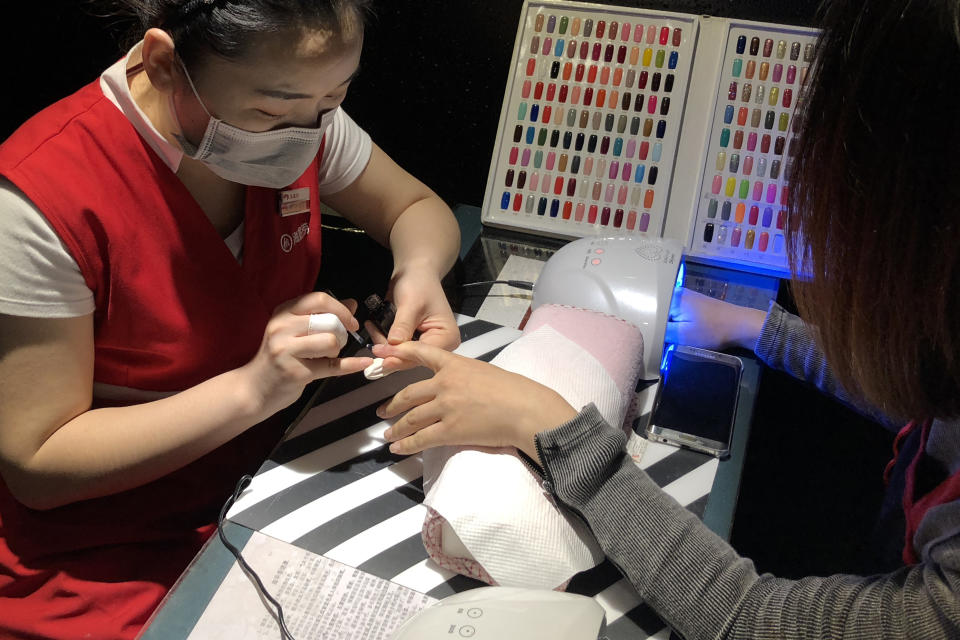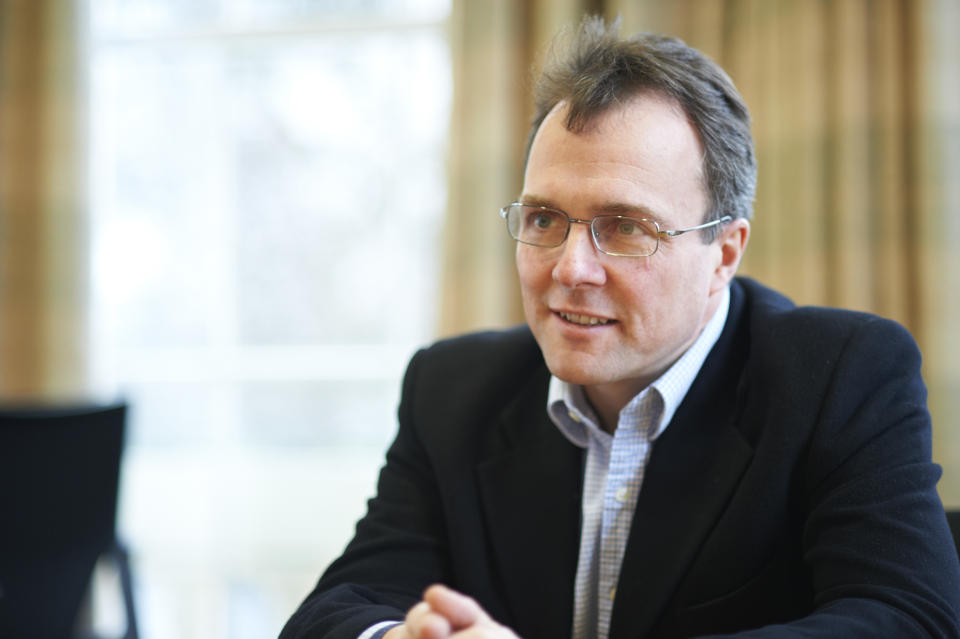Will robots replace manicurists? 'Never say never' says AI professor
Will robots replace manicurists?
“You can never say never in the world of artificial intelligence and robots,” according to professor Julian Birkinshaw, a specialist in AI, technology, and digitalisation at the London Business School.
Robots, automation, and artificial intelligence are threatening a range of jobs around the world, particularly those that are physical and repetitive. That means manicurist work could eventually be completed by a robot, he said.
But this may not happen in our lifetime.
“It’s fiddly stuff and, of course, it is actually a personal relationship,” Birkinshaw said. “I do think there’s whole industries where that personal touch is absolutely going to stay, certainly within our lifetimes.”
Birkinshaw’s comments were made during a special one-to-one video interview with Yahoo Finance UK at the World Economic Forum (WEF) in Davos, Switzerland.

“AI is the latest wave of technological revolution that we’re living through. Every wave has the effect of processing and automating many activities. Absolutely, the long-term trend is towards more jobs disappearing, particularly those jobs which are manual or mundane things,” he said.

However, job losses are happening at a slower rate than previously expected.
A 2018 report from the Organisation for Economic Cooperation and Development (OECD) noted that only 14% of jobs in developed countries were “highly automatable” and at risk of being lost.
This contradicts a 2013 research paper from the University of Oxford that warned that 47% of all US workers were at a high risk of “computerisation.”


